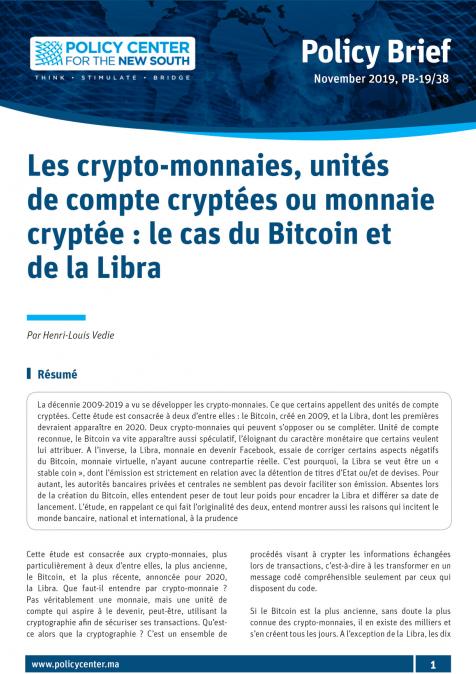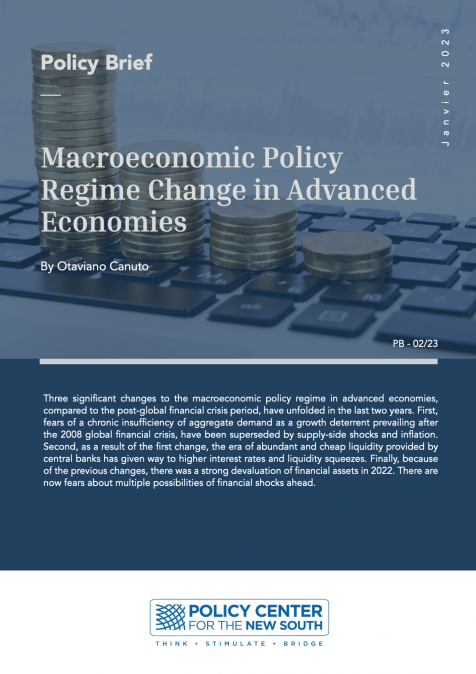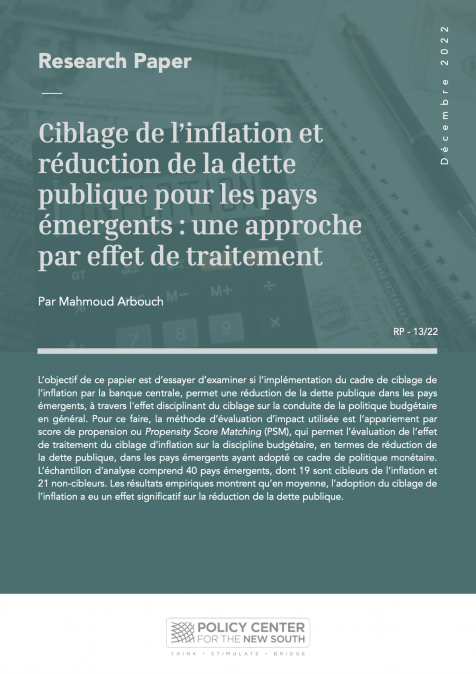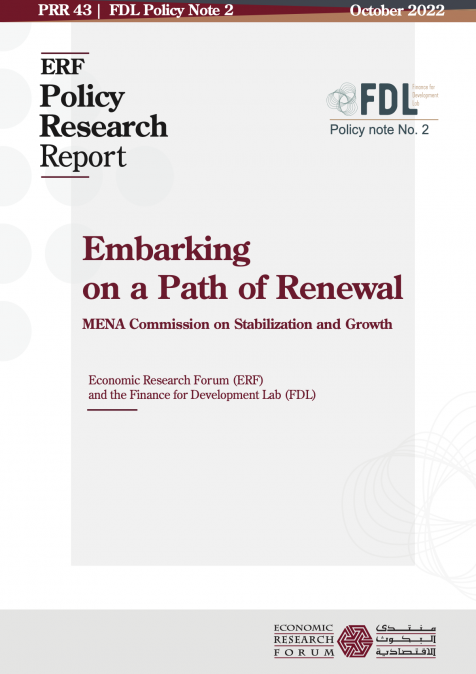Publications /
Policy Brief
La décennie 2009-2019 a vu se développer les crypto-monnaies. Ce que certains appellent des unités de compte cryptées. Cette étude est consacrée à deux d’entre elles : le Bitcoin, créé en 2009, et la Libra, dont les premières devraient apparaître en 2020. Deux crypto-monnaies qui peuvent s’opposer ou se compléter. Unité de compte reconnue, le Bitcoin va vite apparaître aussi spéculatif, l’éloignant du caractère monétaire que certains veulent lui attribuer. A l’inverse, la Libra, monnaie en devenir Facebook, essaie de corriger certains aspects négatifs du Bitcoin, monnaie virtuelle, n’ayant aucune contrepartie réelle. C’est pourquoi, la Libra se veut être un « stable coin », dont l’émission est strictement en relation avec la détention de titres d’Etat ou/et de devises. Pour autant, les autorités bancaires privées et centrales ne semblent pas devoir faciliter son émission. Absentes lors de la création du Bitcoin, elles entendent peser de tout leur poids pour encadrer la Libra et différer sa date de lancement. L’étude, en rappelant ce qui fait l’originalité des deux, entend montrer aussi les raisons qui incitent le monde bancaire, national et international, à la prudence
Cette étude est consacrée aux crypto-monnaies, plus particulièrement à deux d’entre elles, la plus ancienne, le Bitcoin, et la plus récente, annoncée pour 2020, la Libra. Que faut-il entendre par crypto-monnaie ? Pas véritablement une monnaie, mais une unité de compte qui aspire à le devenir, peut-être, utilisant la cryptographie afin de sécuriser ses transactions. Qu’estce alors que la cryptographie ? C’est un ensemble de procédés visant à crypter les informations échangées lors de transactions, c’est-à-dire à les transformer en un message codé compréhensible seulement par ceux qui disposent du code.









